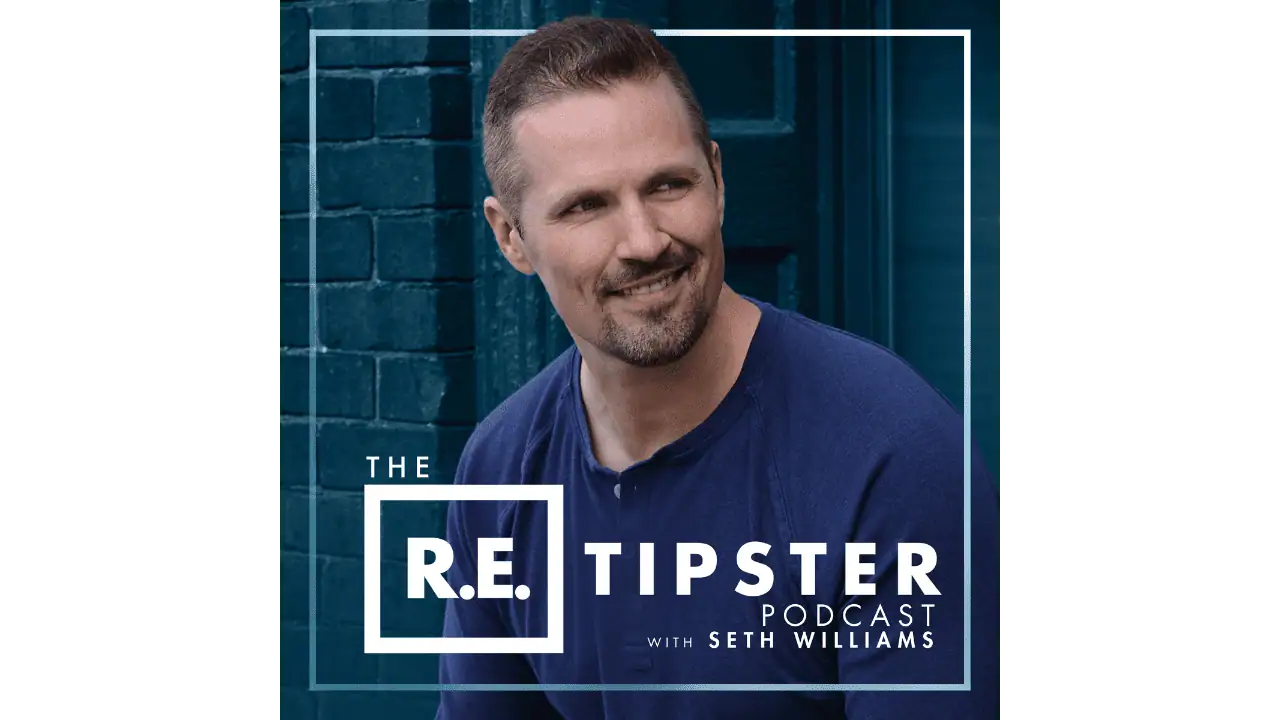REtipster Podcast
Listen to the REtipster Podcast! Get the latest episodes straight to your inbox.
- Dive deep with expert insights on snagging real estate bargains.
- Hear success stories of turning modest investments into big returns.
- Discover time-saving tools and tips to streamline your investments.
- Stay ahead with cutting-edge strategies in the real estate industry.
Subscribe now, don’t miss out on the next big opportunity!

